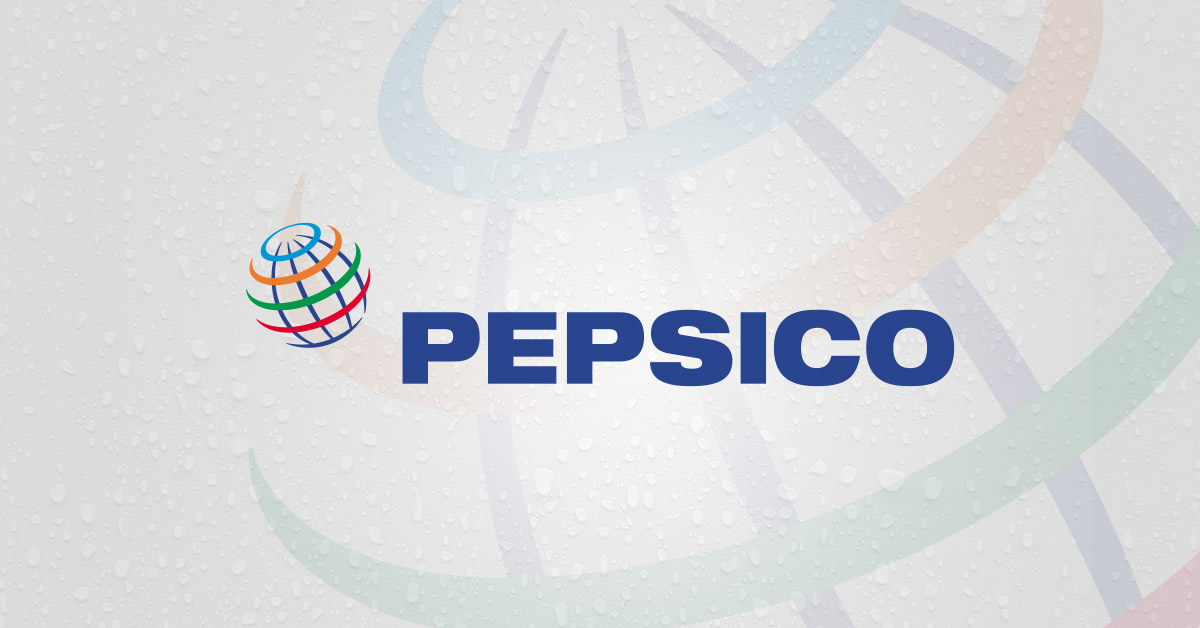Rising sales outside the U.S. helped offset more dips in domestic demand for PepsiCo’s snacks and beverages during Q2, the company reported on Thursday.
Organic revenue in the PepsiCo Foods North America (PFNA) division fell 2% in the quarter, with volume sliding 1%; the company’s PepsiCo Beverages North America (PBNA) segment saw organic revenue rise 1% as volume fell 2%. But outside the U.S., organic revenue was up 7% in EMEA and 7% in Latin America Foods.
In prepared remarks, CEO Ramon Laguarta noted that PBNA improved in organic volume versus the previous quarter, including a 1% headwind attributed to the impact of a transition to a third-party partner for its case pack water business. He praised market share gains for trademark Pepsi thanks in part to the “continued strength of Pepsi Zero Sugar,” up double-digits in volume and net revenue growth in Q2.
“Consumer-preferred” flavor releases like Pepsi Wild Cherry & Cream have been a highlight, company executives wrote, with Mountain Dew Baja Blast and Mug Root Beer also cited for their respective market momentum. The company’s latest beverage acquisition, prebiotic pop brand poppi, grew at “a strong double-digit pace leading to market share gains in both total liquid refreshment beverages and carbonated soft drinks,” per the statement.
In PFNA, snack subcategories like curls and puffs were a strong point, as were variety multipacks, corn chips, snack mixes and pork rinds. Laguarta and Pepsi CFO Jamie Caulfield noted that savory snack organic volume trends (primarily Frito-Lay) improved compared to the previous quarter.
Reducing costs and driving efficiencies is also a continued goal for Pepsi; the company closed two manufacturing plants and three mixing centers in Q2, along with headcount reductions. It is currently redesigning its warehouse and distribution center facilities to support both food and beverage products while adding more automation and digital connectivity between facilities.
The company also outlined some of the changes it has planned for PFNA the second half of 2025, many of which focus on formulation. Artificial colors and flavors will be phased out from products by Lay’s and Tostitos brands, while Cheetos and Doritos will get new line extensions without them. Pepsi’s school-focused foods portfolio in the U.S. will also remove all artificial colors.
Consumers should also expect to see more products from Frito-Lay and Quaker that use avocado oil or olive oil and that are enhanced with protein, fiber and whole grain.
Pepsi will keep scaling in “permissible snacks” with brands like Sabra, Siete and Simply; within that mix, Sun Chips is projected to deliver over $700 million in net revenue this year.
